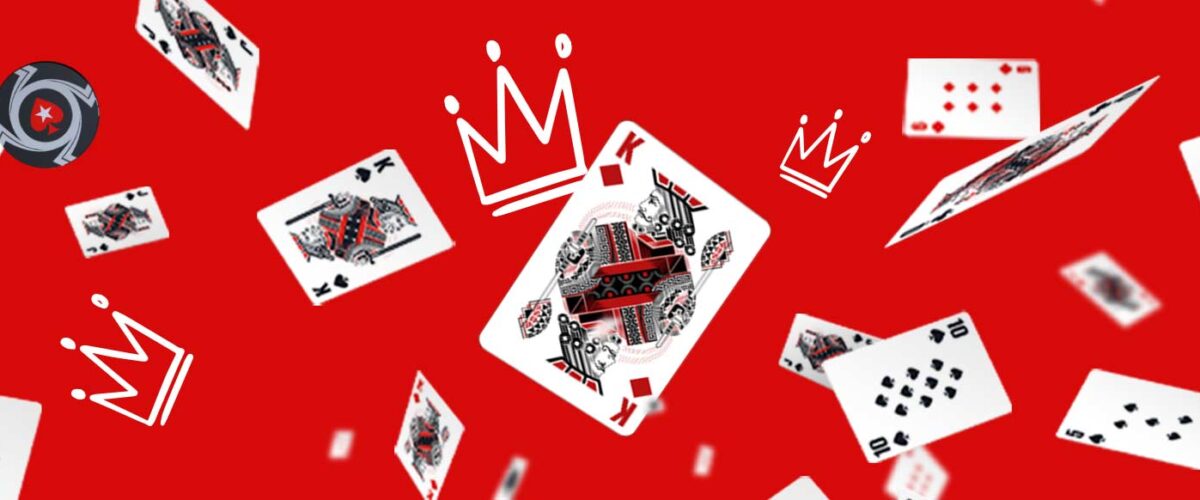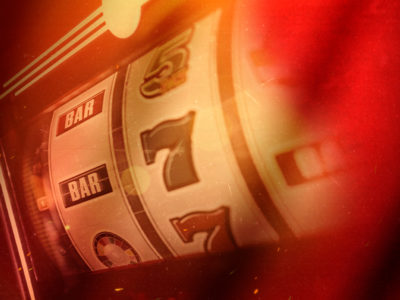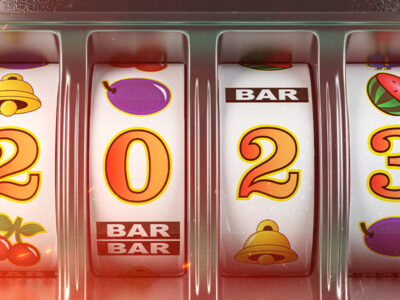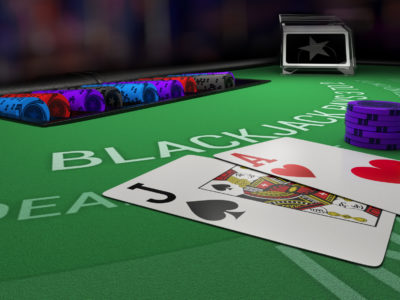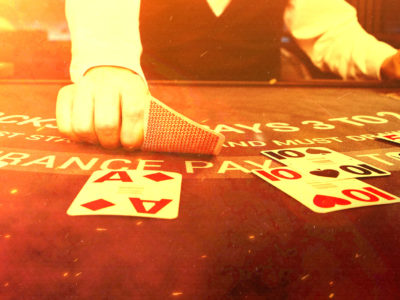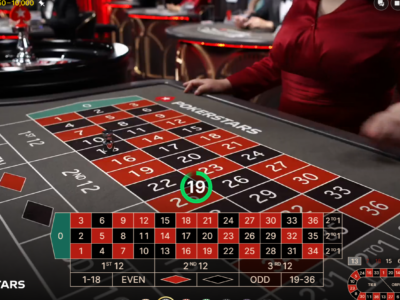Table of Contents
When it comes to poker, there’s a lot to learn. For beginners, this can be overwhelming. For one thing it’s difficult to know where to start.
Well, as the WCOOP Boot Camp gets started we’ve provided seven quickfire lessons that you, as a beginner, can use to improve your poker strategy almost immediately.
Let’s get started with a big one…
1. Fold often
Beginners often play too many hands. And it’s hardly surprising. You don’t become a poker player to sit and watch everyone else play.
There are other reasons too. Impatient perhaps or overvaluing particular starting hands (think of an aces with a weak kicker). Lesson number one then is about discipline. Fold more often.
A typical average range for starting hands is around 20 percent. Which means you should be folding around four of every five hands. Beware though. This is a very loose guideline. Your fold frequency will vary depending on factors like your position.
In any case, playing trashy hands is a losing proposition. Get folding.
But let’s talk about position…
2. Be aware of position
Position is one of the most important elements of gameplay in poker. If you have position, then you bet last after the flop. This means you have more information – you get to see how other players act before making your decision.
It may not sound like much, but poker is a game of incomplete information. Having this advantage can be huge. By betting last, you’ll have more options when it comes to finding value or making bluffs.
Onto something else that gives you an advantage…
3. Stack size matters
Stack size is another crucial factor to consider when making your move. Stack size is not just an indicator of who is ahead in the game, it sets parameters on how hands should be played.
For example, with a short stack of ten big blinds or less, the main options available to you are to move all-in or to fold. Any raise will commit too much of your stack, and that will force you to call off the rest.
With 50 big blinds, you have all the options open.
You can raise-fold, three-bet, four-bet, make post-flop bluffs and so on. And all without committing your stack.
However, even as a big stack you should be considering the size of other player’s stacks when making decisions. That brings us to the next tip…
4. Consider your opponent’s hand
Beginners often fall for the trap of only thinking about their own hand. This is a mistake. Your own hand strength is relative to the strength of your opponents’ hands.
Now, you can never know with 100 percent certainty what the other players are holding. You need to imitate what experienced players do instead and think in terms of hand ranges. This is a selection of possible card combinations that are narrowed down throughout the course of the hand according to the board texture and the actions of the other players.
The more you can observe the other players and learn about the way the play, the more accurately you’ll be able to gauge their hand ranges.
But let’s get back to your hand…
5. Playing draws
Draws are hands that are not yet made but have potential to hit future cards that will win you the pot. Think straights and flushes. The more outs you have and the better the possible hand you can make, the stronger the draw.
Beginners can fall into the trap of calling too much. They will often check-call huge bets with weak draws. On the other hand, underplaying draws and folding whenever you don’t have a made hand is also a mistake.
It’s all about the equity of your draw compared to the price you’re getting to call. Strong draws also make excellent semi-bluff hands.
Then there’s another approach that doesn’t involve your hand at all…
6. Aggression pays
There are a lot of different playing styles in poker but aggression pays.
If you are passive and only ever check-call, the only way to win is by having the best cards. This reduces your strategy to almost pure luck.
However, if you use your chip stack to make bluffs, raises, check-raises, three-bets, and find other ways to put opponents under pressure, you give yourself two ways to win. You can either have the best hand or you can make other players fold.
All that aside there’s one more tip to consider…
7. Long term over short term
Perhaps the biggest thing for beginners to bear in mind is this: poker is a long-term game.
Short term results don’t reflect competence. It takes many thousands of tournaments to get close to the real outcomes. This is true for both winning and losing players.
It creates an interesting situation in which short term results don’t always reflect quality of decisions. You can play well and lose. You can play badly and win. Yet, it’s still important to play as optimally as possible.
So, if you want to improve at poker, focus on becoming a solid player. The fewer mistakes you make, and the more mistakes you can induce in other players, the more you stand to win in the long term.
To give these tips a try, and to get your poker journey started, check out WCOOP Boot Camp. A series designed specifically for new and low stakes players ahead of the World Championship of Online Poker next month.
Back to TopView Other Blogs

